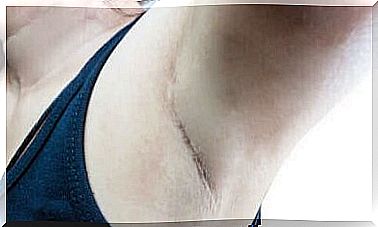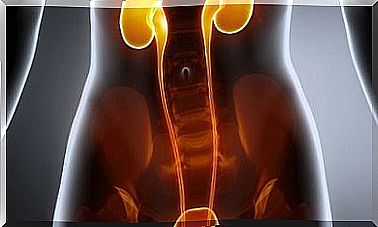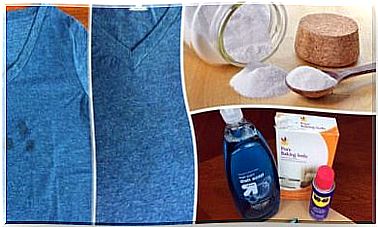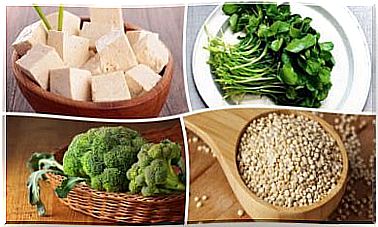What Is The Kosher Diet And Who Can Follow It?
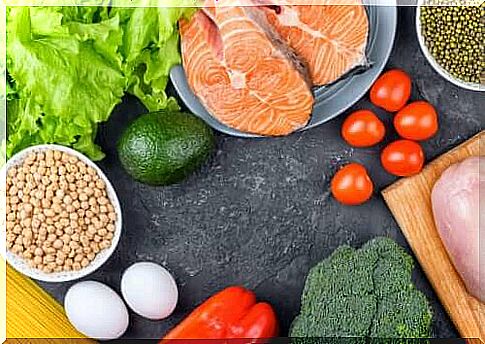
Kosher diet is not a cooking style. It is about more than this as it is deeply rooted in a set of dietary rules for Judaism known as kashrut . Not all Jews follow them, but for those who do, it is a way to show reverence to God and connect with their faith and their community.
The word “Kosher” is derived from the Hebrew root Kashér , which means “proper”, “pure” or “fit for consumption”. The basic rules of this diet are of biblical origin and it consists only of the foods that comply with the established regulations called Kosher or Casher. Those who do not comply with them are called Trefah or Taref .
Want to know more about it?
Although the Kosher laws are comprehensive and complex, we will here examine this type of diet and talk about who can follow it.
What is the Kosher Diet Based on?
The laws to follow a kosher diet are collectively known as Kashrut and are found within the Torah, the first part of the Jewish Bible. Dr. David Kramer says that instructions for the practical application of these rules are passed on through oral tradition.
Specifically, they define what foods a person may or may not eat and how they should be produced, processed and handled before consumption. It also determines which combinations of foods to avoid. Practicing Jews are convinced that fulfilling God’s will is following a kosher diet.
The three categories on which this diet is based are the following:
- Meat and poultry
- Dairy products
- Pareve, which includes fish, eggs and plant foods
One of the most important rules of this diet is that a person should never combine meat with dairy products. In addition, separate utensils must be used for meat and dairy products, and care must be taken not to wash them in the same water.
If you eat meat, wait until the next meal before eating dairy products and vice versa. The foods called pareve can be combined with one of these options.
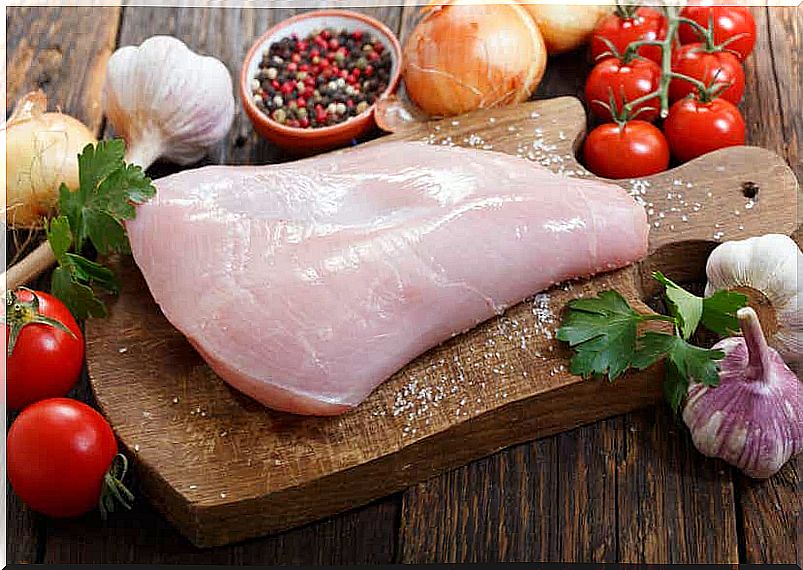
Foods to Avoid in a Kosher Diet
Kosher diet is probably one of the strictest and therefore it contains many limitations. Here are certain foods that are not allowed within this diet.
- Animals that do not have hooves and are not ruminants. For example, pigs, rabbits, hares, squirrels, cats, dogs, camels, kangaroos and horses are prohibited.
- Seafood that does not have fins or scales. Shrimp, squid, crabs, oysters and lobster are not allowed. At the same time, whales, sharks, swordfish and dolphins are not allowed.
- Birds of prey. Owls, hawks, gulls, vultures, eagles, ostriches and pheasants are also prohibited.
- The back area of permitted ruminants. This includes flank, loin, legs and tenderloin.
- Most insects are not considered kosher, so fruits and vegetables should be thoroughly inspected and washed before eating.
- Fat around the vital organs or sciatic nerve of animals considered kosher.
Foods allowed in Kosher diet
Foods that meet the criteria of kashrut are considered kosher. The following are the foods of animal and vegetable origin that are permitted within this type of diet.
Meat (Fleishig)
There are certain special characteristics that meat must have in order to be considered kosher food, ranging from species, slaughter and cooking. In this context, edible meat refers to meat from certain mammals and birds or their derivatives, such as broth, sauces or bones.
An article from the Universidad de los Andes in Bogota mentions that the following criteria must be met:
- They must be animals with hooves, such as sheep, cows, goats, lambs, oxen and deer.
- Only the front parts of these ruminants may be consumed.
- Domestic birds such as geese, quail, pigeons, turkeys and chicken can also be ingested.
- They are to be slaughtered through a ritual slaughter known as Shechitah , led by the shechet , who is trained and certified by Jewish law.
- The meat must be rinsed to remove all blood before cooking.
- All utensils must be kosher, ie. used only for meat and meat products.
Dairy products (Milky)
Milk, butter, yogurt and cheese must comply with specific rules to be within the Kosher criteria. This includes the following:
- They must come from a kosher animal.
- They can not be mixed with meat derivatives. For example, gelatin (which is made from collagen) or rennet (an enzyme found in the stomach of mammals used to obtain hard cheeses).
- Utensils for their preparation and consumption should be exclusively for dairy products.
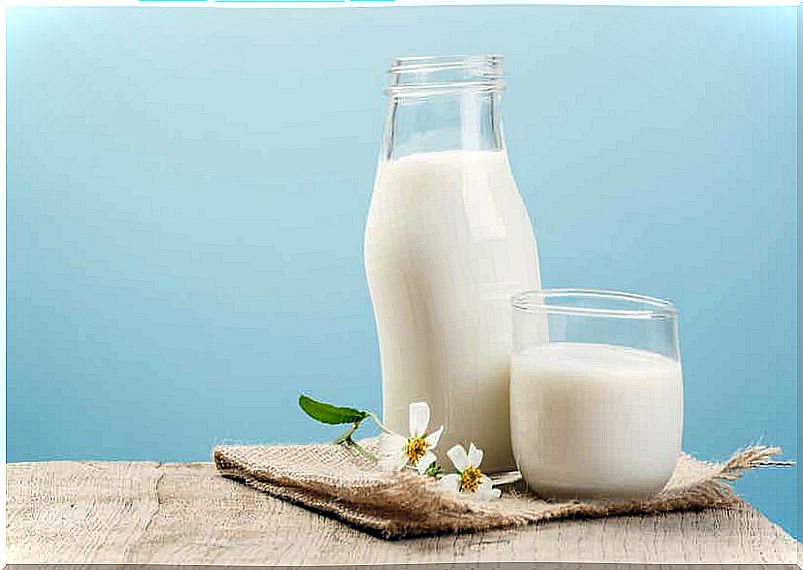
Fish and eggs (Pareve)
Both fish and eggs have their own rules, but are classified in the same group “pareve” or “neutral” because they do not contain meat or milk.
To be considered kosher, fish must have fins and scales, such as salmon, mackerel, tuna or halibut. It does not require exclusive utensils for cooking and can even be eaten with meat or dairy products.
Eggs can be obtained from poultry and kosher fish, but without traces of blood. Therefore, a good inspection is required. They can also be eaten with meat or dairy products.
Cereals and derivatives in the Kosher diet
In order for grains and grain products to be considered kosher, treatment equipment and ingredients must be on the Kosher list. For example, if baking sheets or other equipment are greased with animal fat, or it is cooked on equipment where meat or dairy products are cooked, then it does not fit into this diet.
If the bread is prepared with animal-based lard instead of vegetable oil, it also ceases to be a kosher product. As these treatment methods are not specified on product labels, certification is required.
Vegetables and fruits
Vegetables and fruits that are natural foods are considered kosher. However, as they may be invaded by some insects or larvae, they must be inspected for their presence before sale or consumption.
In cases where fruit and vegetable derivatives are processed on non-kosher equipment, or where milk or meat has been processed, they can no longer be considered kosher.
Nuts, seeds and their derivatives
Some complications during the processing of nuts, seeds and oils can make them non-kosher due to possible cross-contamination when meat and dairy products are used in the same equipment.
As mentioned by some experts through Advances in Biochemical Engineering / Biotechnology , oils are highly processed foods as it is necessary to remove some harmful substances to make them edible.
Therefore , every step of the processing must be monitored to be a part of the kosher diet. This ensures compliance with the criteria.
Wine and Kosher diet
As in previous cases, wine must be prepared with Kosher equipment. Of course, this also includes its ingredients. As Juan Piqueras explains, this drink is one of the most demanding products as it is part of many Jewish religious rituals.
That said, it should be noted that the entire Kosher wine production process has been developed and supervised by attentive Jews. If not, it is not allowed.
Easter rules
During the religious activity at Easter, many more kosher restrictions apply. For example, it is a tradition that all sourdough products are banned. These grains are called “chametz” and include wheat, oats, barley, rye and spelled.
Some of these grains are sometimes allowed, provided they are not in contact with moisture for more than 18 minutes and do not contain leavening agents such as yeast. An example of this exception is matzah, an unleavened flatbread that is not considered chametz, even though it is made from wheat.
Kosher food certification
The complexities of modern food processing require that proponents of kosher diets ensure that they eat foods that meet the criteria set out in their laws. For this reason, systems have been set up to certify some of their products.
Those who are certified as kosher must wear a sticker on the packaging stating that all the requirements are met. There are various certification organizations. If the food is certified for Easter, there will be a separate label indicating it.
The level of precision in the Kosher diet is clear. Many Jews choose this diet because it allows them to be more connected to their religious heritage. But despite the limitations, a kosher diet can offer variety and nutritional balance. In addition, certification has been a great help in simplifying their procurement.

